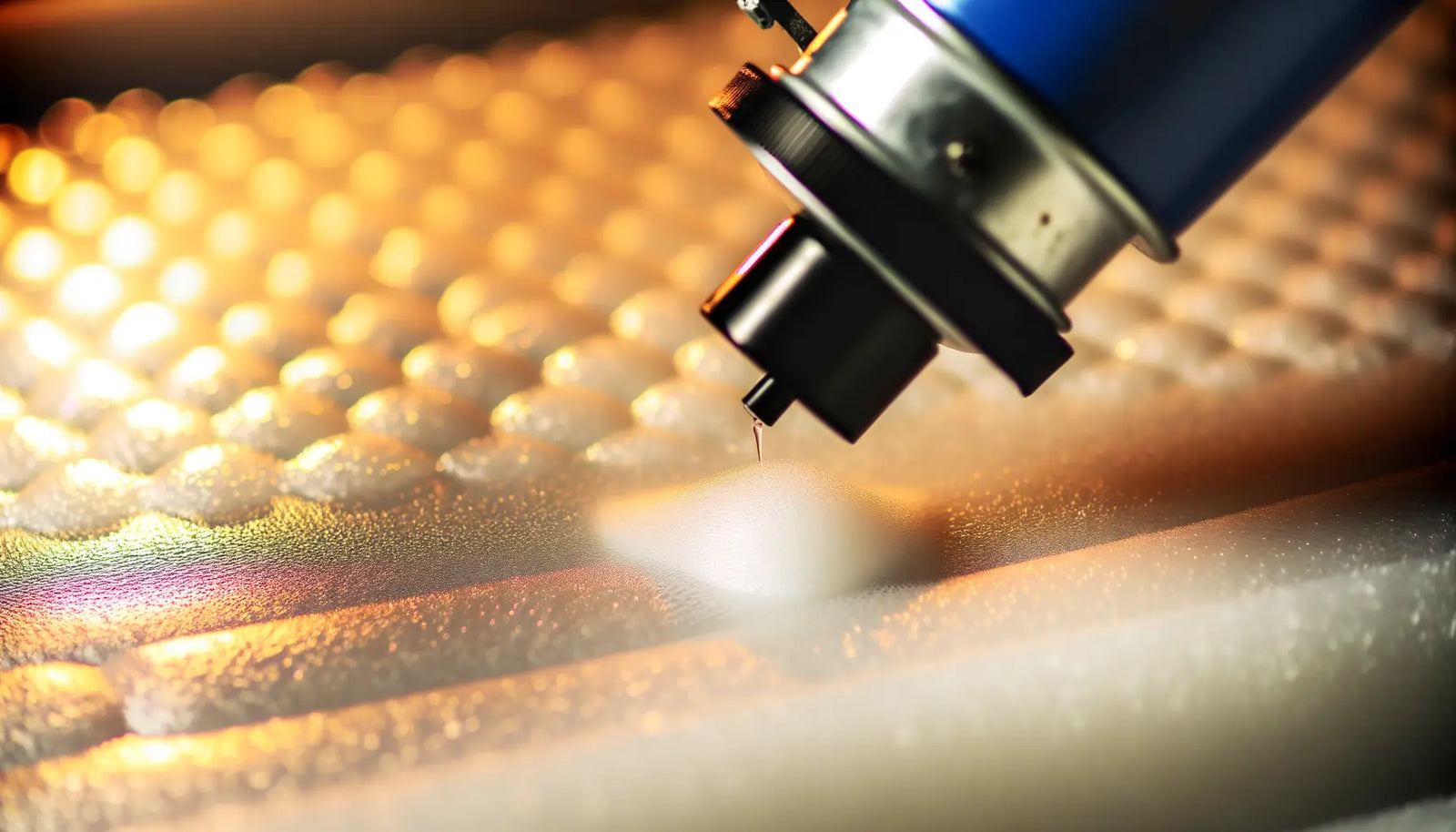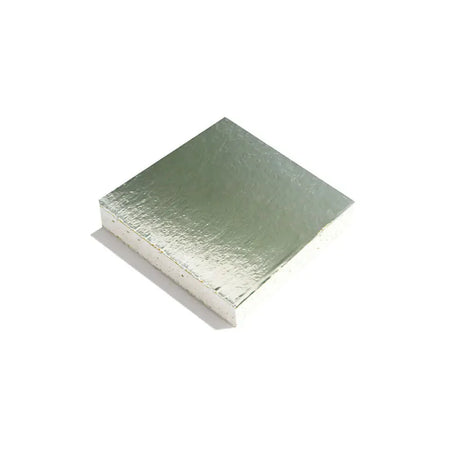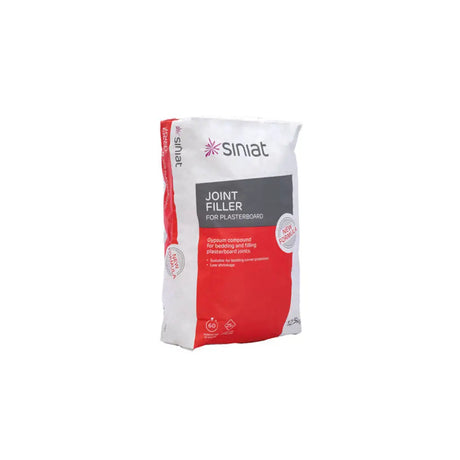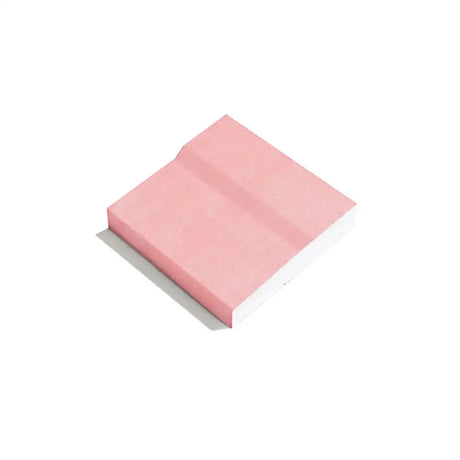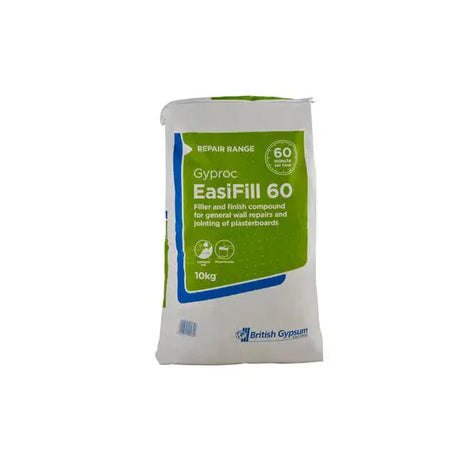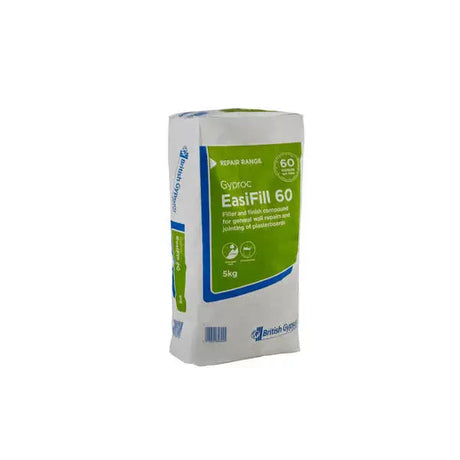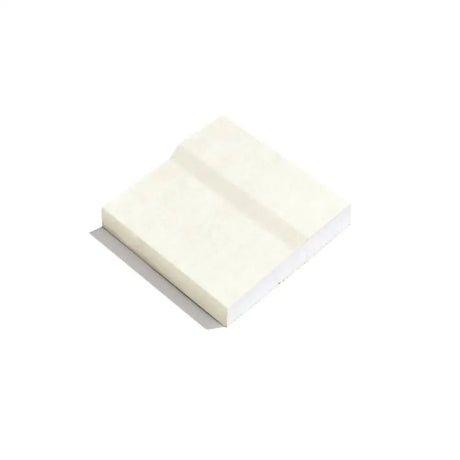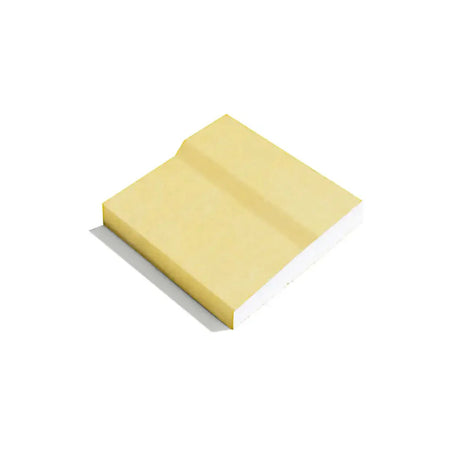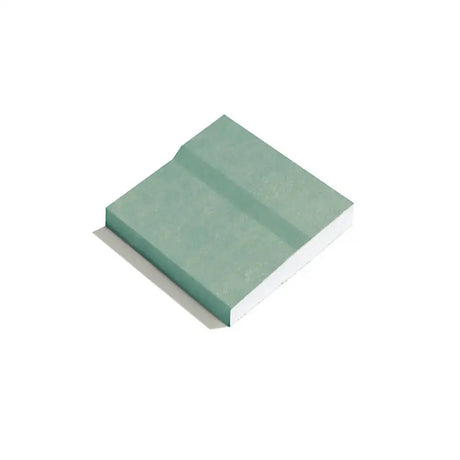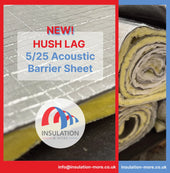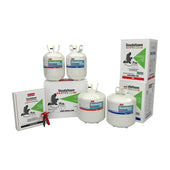Does spray foam insulation affect the temperature of your business or building? Suppose you're considering an insulation upgrade for your commercial property or industrial establishment. In that case, you may have come across spray foam as a highly recommended option. Quite rightly so, considering its exceptional thermal performance and ability to mould seamlessly to any surface, but, does it adhere to plastic?
When it comes to insulating your premises, you need an option that not only offers excellent thermal properties but is versatile enough to meet the needs of your diverse building materials. That brings us to an all-important question: Will spray foam insulation stick to plastic?
An Overview of Spray Foam Insulation
Before delving into the compatibility of spray foam insulation and plastic surfaces, let's have a moment to appreciate this remarkable insulator. Resilient, durable and efficient, spray foam insulation has been a formidable player in the insulation space for several decades.
Also known as polyurethane foam, this insulator is unique because it expands immediately after application. This attribute leads to a thorough filling of cracks and crevices, providing near-perfect sealing against heat transfer and airflow.
The two main types of spray foam insulation bear consideration:
- Open-cell foam: This is less dense and expands significantly upon application. It is great for soundproofing but offers less insulating prowess.
- Closed-cell foam: This version is denser, expands less, and provides superb thermal resistance.
Where does plastic fit into the picture? Let's find out.
The Contact: Spray Foam Insulation and Plastic
Having established the properties of spray foam insulation, the question still persists, will spray foam insulation stick to plastic? In general, spray foam insulation will adhere convincingly to most plastic surfaces.
Spray foam's impressive sealing abilities and expansion properties allow it to mould seamlessly around plastic materials, filling any gaps and providing an excellent insulating barrier. However, not all plastics are created equal. Some types of plastic might offer a less welcoming surface for spray foam to grip on to.
One case scenario involves Polyethylene, a commonly used plastic in construction. While spray foam adhesion is generally satisfactory, it may discolour if not properly treated before application.
The table below gives a snapshot of various plastic types and their compatibility with spray foam insulation:
| Plastic Type | Compatibility with Spray Foam |
|---|---|
| PVC | High |
| Polyethylene | Moderate to High with pre-treatment |
| Acrylic | Moderate - High |
| Polystyrene | Moderate to High |
Despite some variances in adhesion, spray foam insulation's versatility makes it a first-choice solution for several businesses in attendance to their insulation needs.
Advantages of Using Spray Foam Insulation on Plastic
Spray foam insulation's capability to stick well to plastic surfaces offers several kinetic benefits. These include:
- Enhanced thermal regulation: The high R-value of spray foam ensures superior resistance to heat flow, leading to energy-saving benefits.
- Noise reduction: The dense nature of closed-cell spray foam effectively dampens sound, making for quieter spaces.
- Structural reinforcement: Closed-cell spray foam adds strength to the existing structure due to its rigidity.
- Air sealing: Spray foam fills in gaps thoroughly, curbing draughts and potential ingress of pests.
- Moisture control: Because spray foam provides an excellent air seal, it also dramatically reduces the risk of moisture seepage through walls and ceilings.
Conclusion
Each business is unique, and so are its insulation needs. For a foolproof solution in handling thermal regulation, noise control and structural reinforcement, spray foam insulation is a standout solution. Suitable for a wide variety of surfaces, plastic included, spray foam proves itself to be a versatile and reliable choice for commercial and industrial needs.
Investing in high-quality insulation solutions guarantees expanded longevity and durability for your property. With the assurance of higher thermal resistance, streamlined energy costs, and a comfortable indoor environment, spray foam insulation on plastic surfaces is a sound investment and sustainable choice for commercial and industrial applications.
Frequently Asked Questions
Will spray foam insulation stick to all types of plastic?
Spray foam insulation adheres well to most plastic surfaces, especially those commonly used in commercial and industrial settings, such as PVC, polyethylene, acrylic, and polystyrene. However, the degree of adhesion can vary depending on the specific type of plastic and its surface treatment. Polyethylene, for instance, may require pre-treatment for optimum adhesion.
Can spray foam insulation be used outdoors on plastic surfaces?
Yes, spray foam insulation can be used on outdoor plastic surfaces. Closed-cell foam, in particular, is ideal for outdoor use due to its higher density, moisture resistance, and structural reinforcement properties. However, it is essential to ensure the plastic surface is clean and dry before application to enhance adhesion.
Is spray foam insulation safe to use on plastic electrical conduits?
Spray foam insulation can be applied around plastic electrical conduits, but caution should be exercised. It is vital to ensure that the foam does not directly contact any exposed wires. Using a fire-retardant foam and ensuring adequate ventilation around the conduits is advisable to prevent overheating.
How does spray foam insulation affect the thermal properties of plastic?
Spray foam insulation significantly enhances the thermal properties of plastic surfaces by adding an insulating layer that reduces heat transfer. This can lead to improved energy efficiency, temperature regulation, and reduced heating and cooling costs.
Does spray foam insulation provide any structural benefits when applied to plastic?
Yes, particularly when using closed-cell spray foam insulation. Due to its density and rigidity, closed-cell foam can add structural strength to the plastic surfaces it is applied to. This can be beneficial in reinforcing plastic components in commercial and industrial buildings.
What precautions should be taken when applying spray foam insulation to plastic?
It's important to clean the plastic surface thoroughly before application, removing any dust, grease, or other contaminants to ensure maximum adhesion. For certain plastics, like Polyethylene, special pre-treatments may be required. Additionally, following the manufacturer's instructions for application and cure times is crucial for achieving the best results.
Can spray foam insulation be removed from plastic if needed?
Removing spray foam insulation from plastic can be challenging, as the foam adheres strongly to surfaces it contacts. Mechanical means, such as scraping or sanding, are typically required to remove the foam. However, this process might damage the plastic surface. It is advisable to approach removal carefully and, if possible, test the removal method on a small, inconspicuous area first.

